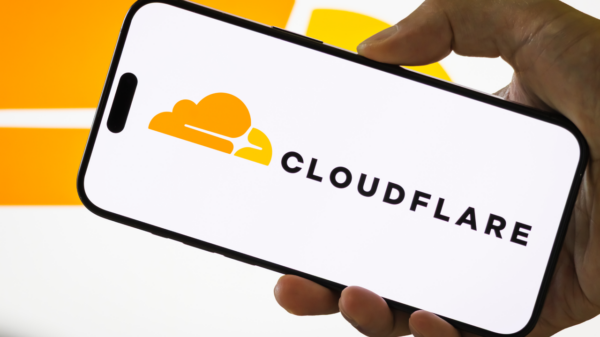UPDATE: Meta has just confirmed that the Facebook Like and Comment buttons on external websites will be discontinued starting on February 10, 2024. This move signals the end of an era for a feature that has largely fallen out of favor as the digital landscape evolves.
The decision to eliminate these buttons comes as user engagement has sharply declined, with many questioning their relevance in today’s social media environment. According to Meta’s official blog post, “The plugins that will be discontinued reflect an earlier era of web development.”
Users might remember a time when clicking the Like button on external content would broadcast their endorsement to friends on Facebook. However, as public sentiment shifts towards privacy and data protection, Meta’s announcement reveals a significant step towards distancing itself from past practices. The company emphasized that developers won’t need to take any action to remove the buttons; they will simply stop displaying and be replaced by an invisible element.
This announcement follows a long history of Facebook features designed to integrate social sharing across the web, stemming from the launch of the Open Graph in 2010. At that time, the platform aimed to create a more interconnected online experience. However, the fallout from the Cambridge Analytica scandal has led many to reevaluate their engagement with social media, raising concerns about data privacy and the monetization of personal information.
While the Like and Comment buttons are fading away, not all Facebook plugins are disappearing. The “Share this story” feature, still visible at the bottom of various articles, will remain intact for now. This inconsistency raises questions about the future of social media integrations on external sites.
As the digital world continues to shift, this decision from Meta may impact how users interact with content online. For many, it marks a significant change in the way social media influences browsing behavior.
What’s next? Watch for updates from Meta as they continue to refine their platform and adapt to user preferences. The implications of this change may resonate across the web, influencing how other social media platforms approach integration features in the future.
Stay tuned for more updates as this story develops.





































































